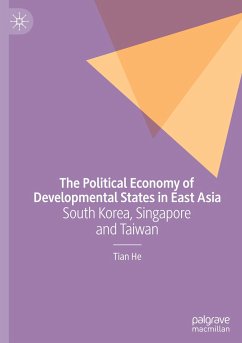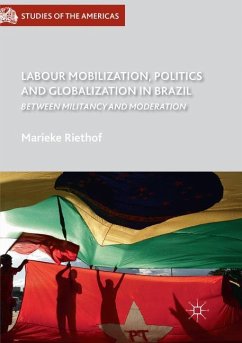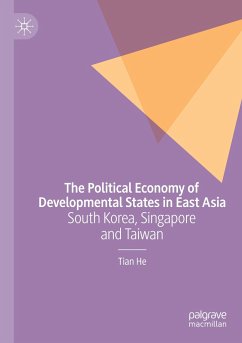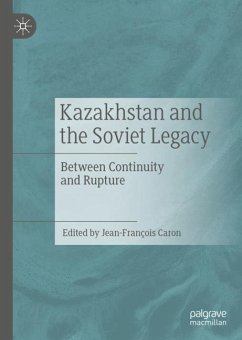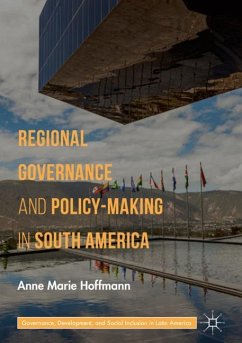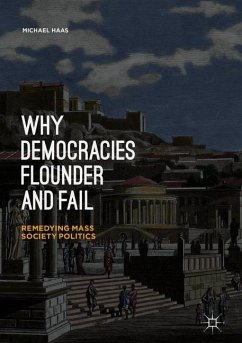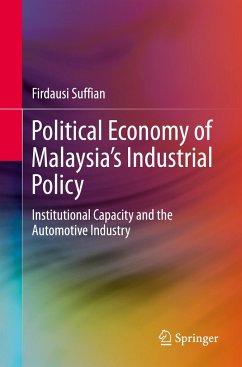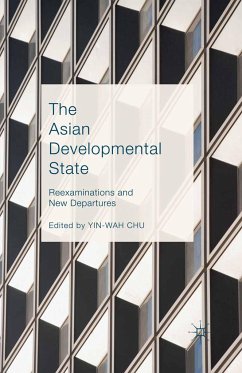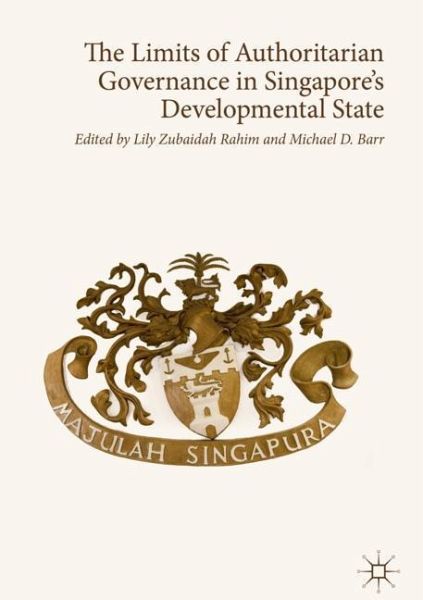
The Limits of Authoritarian Governance in Singapore's Developmental State

PAYBACK Punkte
49 °P sammeln!
This book delves into the limitations of Singapore's authoritarian governance model. In doing so, the relevance of the Singapore governance model for other industrialising economies is systematically examined. Research in this book examines the challenges for an integrated governance model that has proven durable over four to five decades. The editors argue that established socio-political and economic formulae are now facing unprecedented challenges. Structural pressures associated with Singapore's particular locus within globalised capitalism have fostered heightened social and material ineq...
This book delves into the limitations of Singapore's authoritarian governance model. In doing so, the relevance of the Singapore governance model for other industrialising economies is systematically examined. Research in this book examines the challenges for an integrated governance model that has proven durable over four to five decades. The editors argue that established socio-political and economic formulae are now facing unprecedented challenges. Structural pressures associated with Singapore's particular locus within globalised capitalism have fostered heightened social and material inequalities, compounded by the ruling party's ideological resistance to substantive redistribution. As 'growth with equity' becomes more elusive, the rationale for power by a ruling party dominated by technocratic elite and state institutions crafted and controlled by the ruling party and its bureaucratic allies is open to more critical scrutiny.



